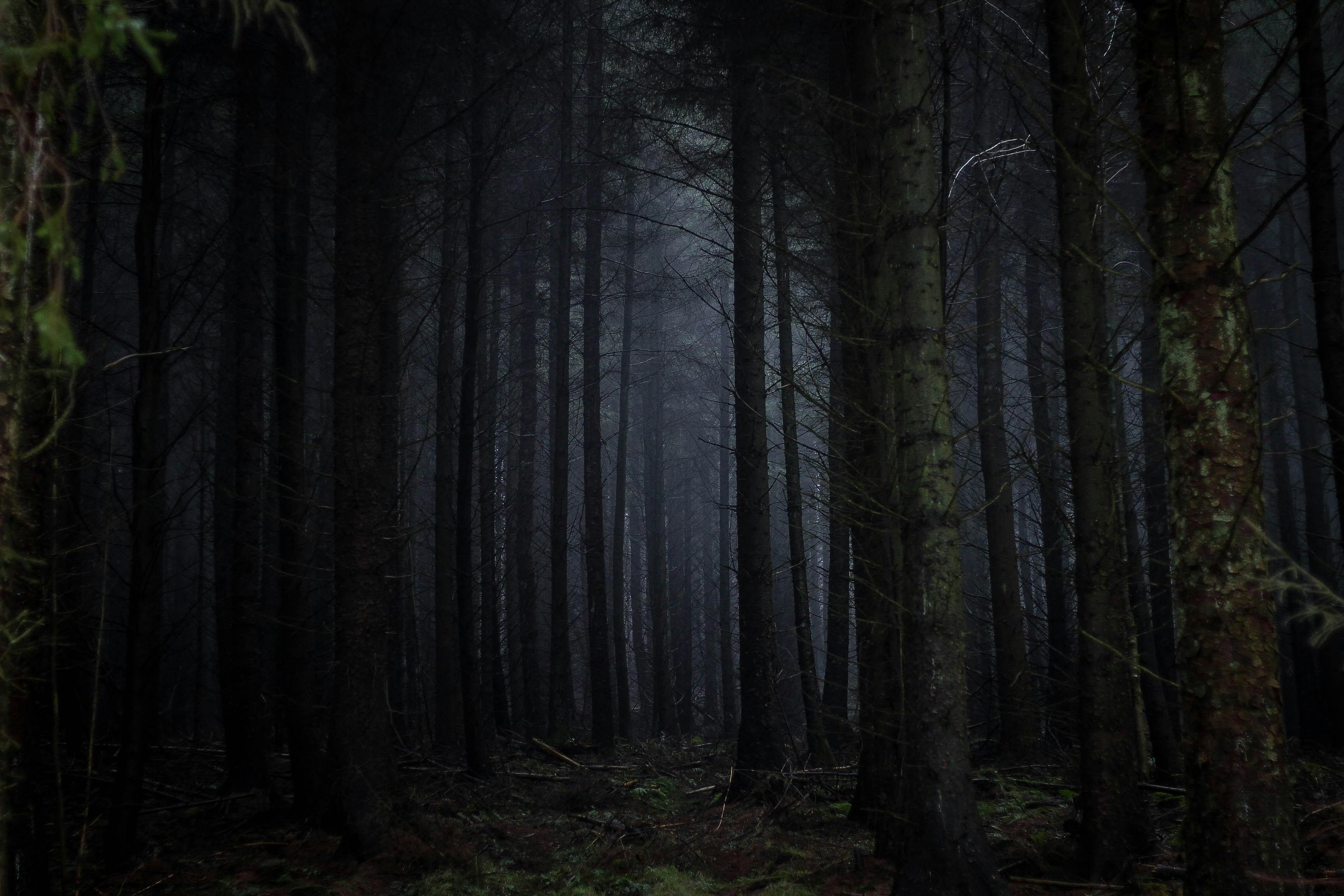In the realm of contemporary cinema, few films have sparked as much debate and analysis as Christopher Nolan’s “The Dark Knight.” While its thrilling narrative and complex characters have captivated audiences worldwide, the film’s underlying political allegories have provoked a deeper, more critical examination. At its core, ”The Dark Knight” presents a gripping exploration of heroism, yet it simultaneously raises unsettling questions about the fine line between justice and authoritarianism. As viewers are drawn into Gotham‘s chaotic world, they are confronted with a narrative that mirrors real-world political tensions and ethical dilemmas. This article delves into the intricate layers of “The Dark Knight,” scrutinizing its portrayal of heroism and its potential descent into fascism, inviting readers to reconsider the moral and political implications woven into this cinematic masterpiece.
Interpreting the Dichotomy of Order and Chaos in Gotham
In Gotham, the perpetual struggle between order and chaos is more than just a backdrop for heroics; it serves as a profound commentary on societal governance. The city’s precarious balance is represented by two contrasting forces: the established law, epitomized by Batman, and the anarchic disruption, embodied by the Joker. Batman operates within a morally ambiguous framework, leveraging surveillance and authoritarian tactics to impose control. This raises critical questions about the extent to which personal freedoms can be curtailed for the greater good. The Joker, on the other hand, embodies chaos and the potential liberation from oppressive structures, challenging the very notion of order as inherently virtuous.
- Surveillance and Control: Batman’s use of invasive technologies to monitor Gotham’s citizens blurs the line between protection and oppression.
- Anarchy as Liberation: The Joker’s chaotic philosophy suggests that true freedom lies in the absence of rules and structures.
- Moral Ambiguity: The film questions whether the pursuit of order justifies the use of authoritarian methods.
The dichotomy is further complicated by Gotham’s political landscape, which mirrors real-world tensions between security and liberty. The city’s governance, under the shadow of fear and corruption, reflects the challenges of maintaining order in a democratic society. Through its complex narrative, ”The Dark Knight” invites viewers to ponder whether heroism, as depicted by Batman, veers dangerously close to fascism, or if it is a necessary evil in a world teetering on the brink of chaos.

The Vigilantes Dilemma: Examining Moral Ambiguities
In Christopher Nolan‘s The Dark Knight, the character of Batman embodies a complex intersection of heroism and authoritarianism, challenging audiences to consider the ethical boundaries of vigilantism. The film serves as a political allegory, posing questions about the legitimacy and morality of taking the law into one’s own hands. As Gotham’s self-appointed protector, Batman operates outside the conventional legal framework, raising critical discussions about the nature of justice and the potential for abuse of power. This duality is especially evident when examining the measures Batman employs to combat crime, which often mirror those of a police state, leading viewers to ponder: is he a hero safeguarding the city, or a fascist imposing his own brand of order?
- Surveillance: Batman’s use of advanced technology to monitor Gotham’s citizens blurs the line between protection and privacy invasion.
- Use of Force: His willingness to employ violence challenges the moral high ground often associated with heroism.
- Accountability: Operating without oversight, Batman’s actions raise concerns about unchecked power and the potential for moral corruption.
These elements invite a nuanced discussion about the implications of vigilantism in a democratic society. Through its exploration of these themes, The Dark Knight offers a critical lens on contemporary political issues, compelling audiences to reflect on where the balance between security and freedom truly lies.

Symbolism of Surveillance: The Ethical Implications of Power
In The Dark Knight, the intricate web of surveillance technology serves as a powerful symbol of the ethical conundrums that accompany the exercise of authority. Batman’s use of a city-wide sonar system, tapping into every cell phone in Gotham, raises profound questions about the balance between security and privacy. This mechanism of omnipresent oversight is emblematic of the broader tensions between heroism and fascism: where does the line between protecting the public and infringing on personal freedoms truly lie?
- Surveillance as Control: The ability to monitor every citizen blurs the line between safeguarding and domination.
- Power and Responsibility: The ethical implications of such power challenge the morality of those who wield it.
- Privacy versus Security: The tension highlights the sacrifices made in the name of public safety.
The ethical landscape painted by these surveillance techniques is not merely a fictional concern but a reflection of real-world debates. By intertwining technology with the narrative of power, The Dark Knight invites viewers to critically examine the moral responsibilities of those in authority. It challenges us to consider whether the ends justify the means, questioning if the pursuit of justice can ever truly remain untarnished by the shadow of totalitarian oversight.

Reassessing Heroic Narratives: A Call for Nuanced Storytelling
In examining the complex layers of Christopher Nolan’s The Dark Knight, one cannot ignore the intricate political allegories woven into the narrative. Batman, often seen as a symbol of justice, operates outside the law, blurring the lines between heroism and authoritarianism. This duality raises questions about the very nature of power and its implications. The film’s portrayal of Gotham City as a battleground for moral conflict serves as a microcosm for contemporary societal issues. As the city’s self-appointed protector, Batman employs surveillance and physical coercion, echoing tactics that some might equate with fascist ideologies. The ethical implications of his actions provoke a deeper analysis of what it means to be a hero in a world fraught with moral ambiguity.
- Surveillance as Control: Batman’s use of advanced technology to monitor Gotham’s citizens mirrors modern debates on privacy and governmental overreach.
- Vigilantism vs. Legal Authority: His extrajudicial methods challenge the legitimacy of institutional justice systems, raising questions about accountability and the rule of law.
- Ends Justify the Means: The film explores the controversial notion that the pursuit of a greater good can justify morally questionable actions, a theme resonant with historical and contemporary political discourse.
By reassessing these narratives, viewers are invited to consider whether Batman’s actions embody the virtues of a traditional hero or if they dangerously flirt with the tenets of authoritarian control. The film, thus, becomes a platform for discussing the fine line between protection and oppression, encouraging a more nuanced approach to storytelling in the realm of heroism.
The Way Forward
In examining “The Dark Knight” through the lens of political allegory, we uncover a narrative rich with interpretations that span the spectrum from heroism to fascism. The film’s complex portrayal of vigilantism, order, and chaos invites audiences to reflect on the nature of power and the ethical boundaries of justice. As we navigate these themes, it becomes clear that the film serves as a mirror, reflecting societal anxieties and the perennial tension between security and freedom. Ultimately, whether one views Batman as a heroic figure or a symbol of authoritarianism may depend on individual perspectives shaped by personal beliefs and contemporary political climates. What remains undeniable is the film’s enduring capacity to provoke thought and dialogue about the role of power in shaping the moral landscape of society. As we continue to grapple with these questions, “The Dark Knight” remains a poignant cultural touchstone, challenging us to consider the implications of our own choices in the quest for justice.
